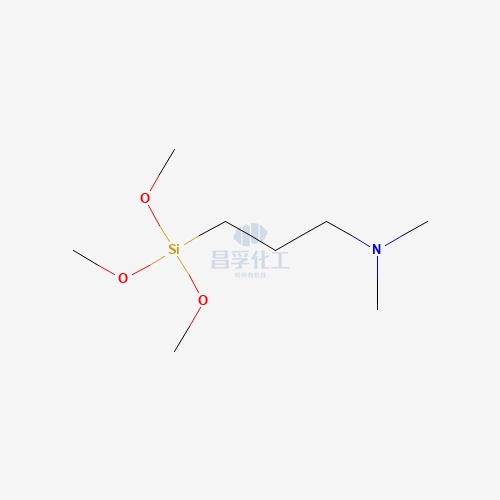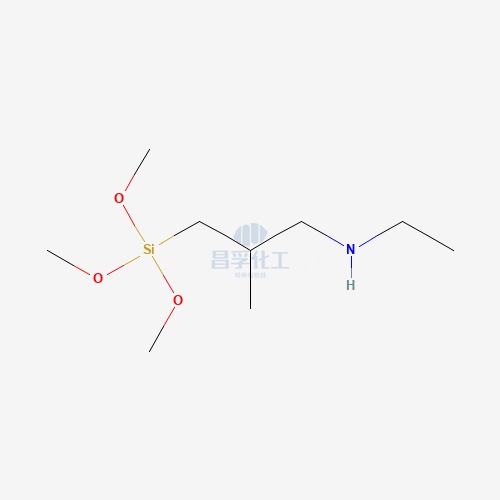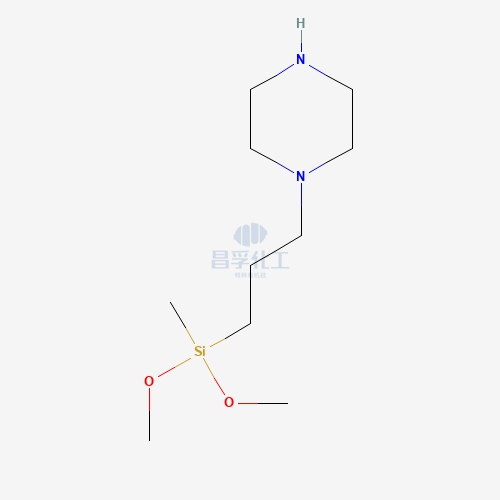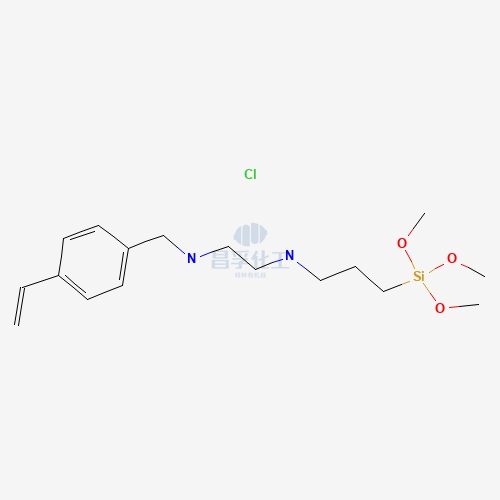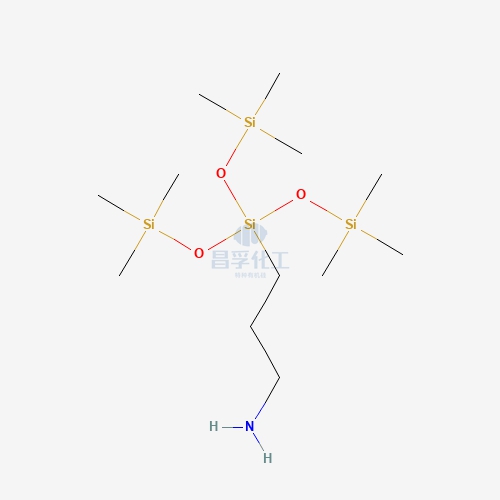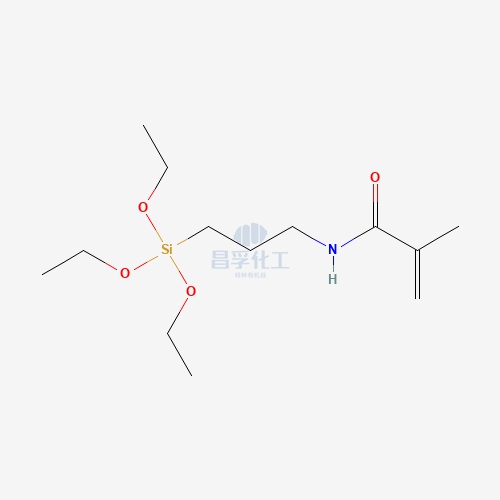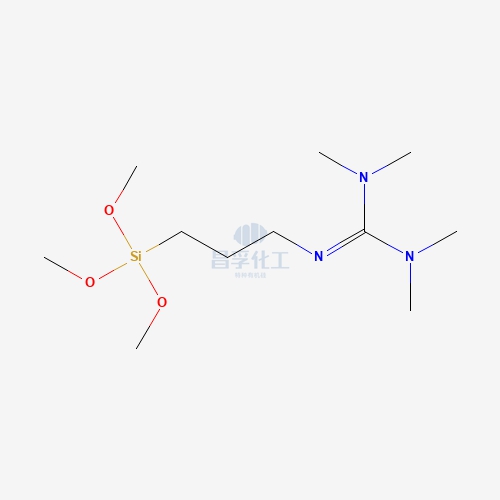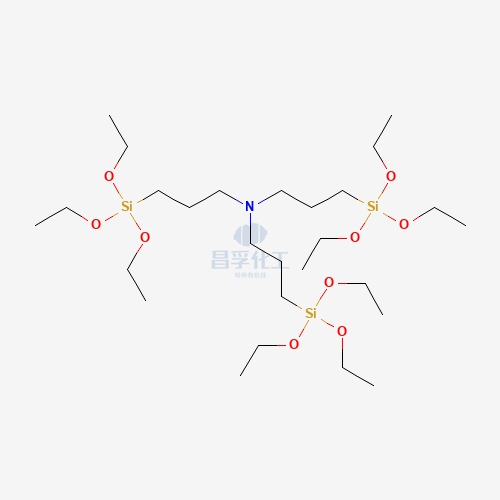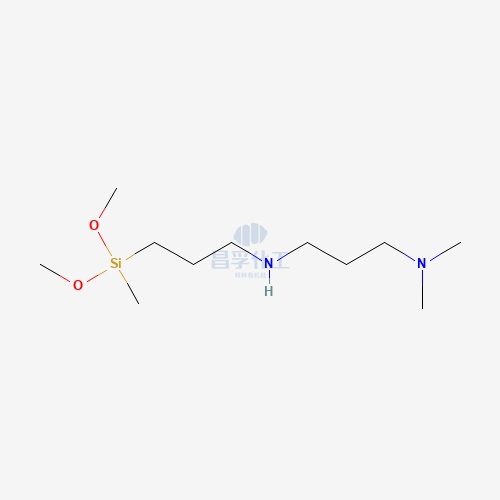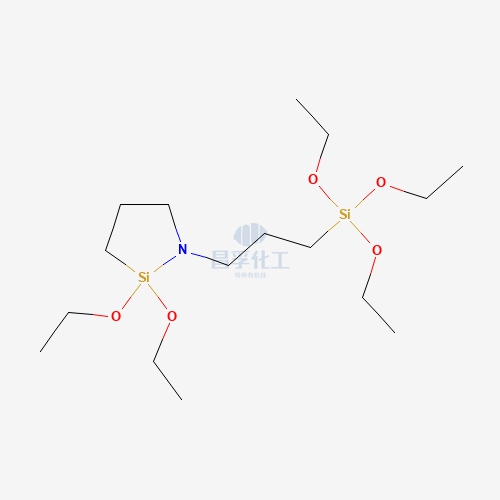
Contact Changfu Chemical Now!
+86 27 8439 6550 | +86 181 6277 0058
The Many Applications of Triethylsilane: From Synthesis to Industry
What is Triethylsilane?
Triethylsilane (often abbreviated as TES) is an organosilicon compound with the formula (C2H5)3SiH. As a hydrosilane, it features a silicon atom bound to three ethyl groups and a single hydrogen atom. Its most notable characteristic is the presence of this Si-H bond, which makes it particularly useful as a reducing agent in a variety of chemical reactions.
Key Properties:
- Molecular Formula: C6H16Si
- Molar Mass: 116.28 g/mol
- Appearance: Colorless liquid
- Boiling Point: 107°C
- Density: 0.726 g/mL
Due to its volatility, Triethylsilane must be handled carefully under controlled conditions, as it can pose safety risks if not managed correctly.
The Role of Triethylsilane in Organic Synthesis
In organic chemistry, Triethylsilane is primarily known for its role in reduction reactions. These reactions are fundamental in converting chemical compounds into more stable or reactive forms by adding hydrogen atoms or removing oxygen atoms. Triethylsilane’s Si-H bond is reactive enough to donate hydrogen in many key processes.
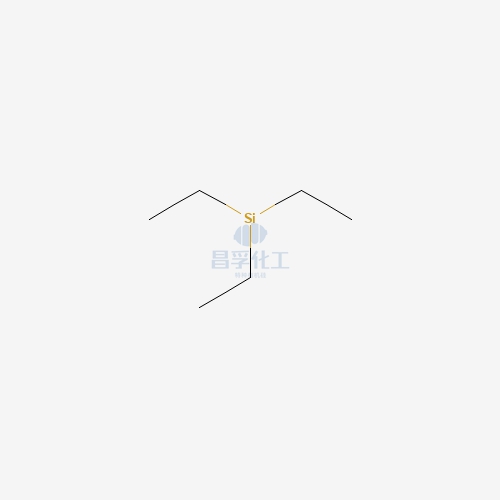
1. Triethylsilane as a Reducing Agent
One of the main reasons for the widespread use of Triethylsilane is its ability to function as a mild reducing agent. This quality is especially important when working with sensitive substrates that may be damaged by stronger reducing agents like lithium aluminum hydride (LiAlH4) or sodium borohydride (NaBH4).
Notable Applications:
- Reduction of carbonyl groups (aldehydes and ketones) to alcohols.
- Reductive deoxygenation of sulfoxides to sulfides.
- Reduction of various nitrogen compounds such as nitro groups to amines.
The mild nature of TES allows for selective reductions in complex molecules without affecting other sensitive functional groups, making it a preferred choice in multi-step organic syntheses.
Applications in Industrial Chemistry
Beyond the lab bench, Triethylsilane has found numerous applications in industrial chemistry, especially in pharmaceutical production and specialty chemical manufacturing. Its ability to efficiently and selectively reduce or transform chemical groups in large-scale synthesis makes it an indispensable tool.
2. Use in the Pharmaceutical Industry
In pharmaceutical production, the precise control of chemical reactions is critical. Triethylsilane is employed to synthesize active pharmaceutical ingredients (APIs) and intermediates due to its:
- High selectivity in reduction processes.
- Ability to operate under mild conditions, which is essential for preserving the integrity of complex drug molecules.
Many APIs include functional groups that require careful manipulation, and Triethylsilane provides a solution that reduces the risk of over-reaction or unwanted side reactions.
Triethylsilane in Protecting Group Chemistry
In organic synthesis, protecting groups are used to temporarily "mask" reactive sites in a molecule while other reactions take place. Once the desired transformations have occurred, the protecting group is removed. Triethylsilane is particularly useful in silane-based protection and deprotection strategies.
3. Silyl Ethers as Protecting Groups
Triethylsilane helps in the formation of silyl ethers, which serve as protecting groups for alcohols. This approach prevents the alcohol from reacting during subsequent steps in a multi-stage synthesis.
- Tetrahydrofuran (THF) or other ethers are commonly used solvents in these processes.
- After the reaction is complete, the protecting group is removed via acid hydrolysis or other standard methods.
By temporarily protecting the alcohol group, researchers can carry out reactions at other functional sites in the molecule without interference.
Silicon-Hydrogen Bond Reactions: Hydrosilylation
The Si-H bond in Triethylsilane also plays a pivotal role in hydrosilylation reactions—a process that adds silicon-hydrogen bonds across carbon-carbon multiple bonds (such as in alkenes or alkynes). These reactions are vital in creating organosilicon compounds, which have widespread uses in materials science and electronics.
4. Catalysis in Hydrosilylation Reactions
Triethylsilane is often used in conjunction with transition metal catalysts, such as platinum or rhodium complexes, to carry out hydrosilylation. These catalytic reactions are crucial in producing silicon-based polymers and materials, which are essential for various industries, including:
- Semiconductor manufacturing
- Coatings and sealants
- Elastomers for high-performance applications
The efficiency and selectivity of Triethylsilane in these catalytic reactions have made it a staple in the development of advanced materials.
Safety Considerations for Triethylsilane
Handling Triethylsilane requires specific precautions due to its flammability and potential to release toxic gases upon decomposition. While it is a relatively stable compound under standard conditions, improper handling can lead to safety risks, especially in industrial settings.
5. Best Practices for Safe Use
To ensure safety when working with Triethylsilane:
- Always store in a cool, well-ventilated area, away from sources of ignition.
- Wear appropriate protective equipment, including gloves and goggles.
- Use in a fume hood to prevent inhalation of vapors.
- Dispose of waste materials in accordance with local regulations.
Additionally, if exposed to air or moisture, Triethylsilane can undergo decomposition, producing hydrogen gas, which is highly flammable. Proper storage and handling protocols are critical to prevent hazardous incidents.
Conclusion: The Versatility of Triethylsilane
Triethylsilane’s combination of mild reducing properties, compatibility with sensitive substrates, and versatility in industrial applications makes it a key reagent in both laboratory and large-scale chemical processes. From organic synthesis to pharmaceutical production and advanced materials, this compound has proven itself as an essential tool for chemists.
With ongoing developments in catalysis and silicon-based materials, the applications of Triethylsilane are likely to expand even further, cementing its place in the future of chemical innovation.
Popular Silicon Compounds
Popular Silicon Compounds
Related News & Blog
Related News & Blog


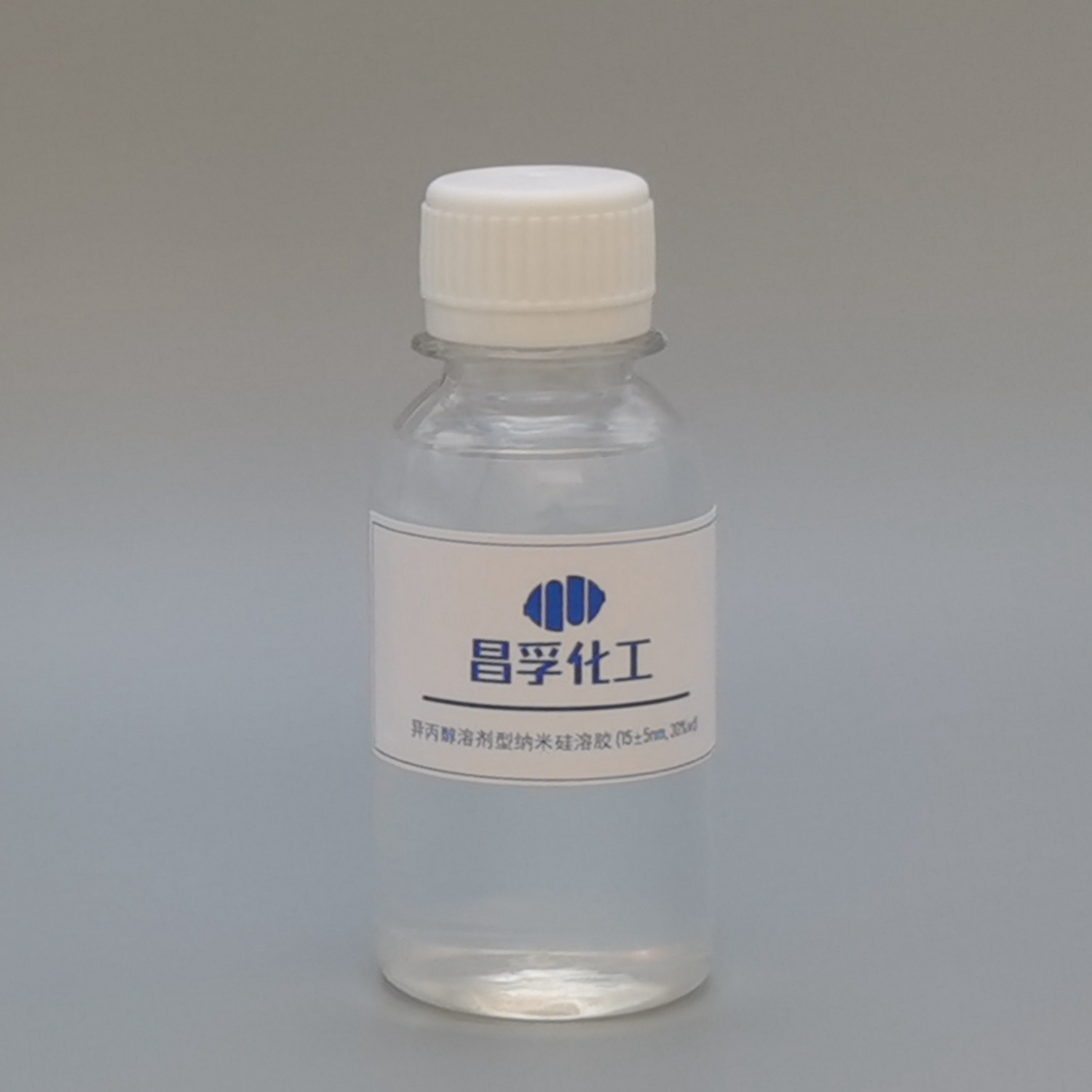




























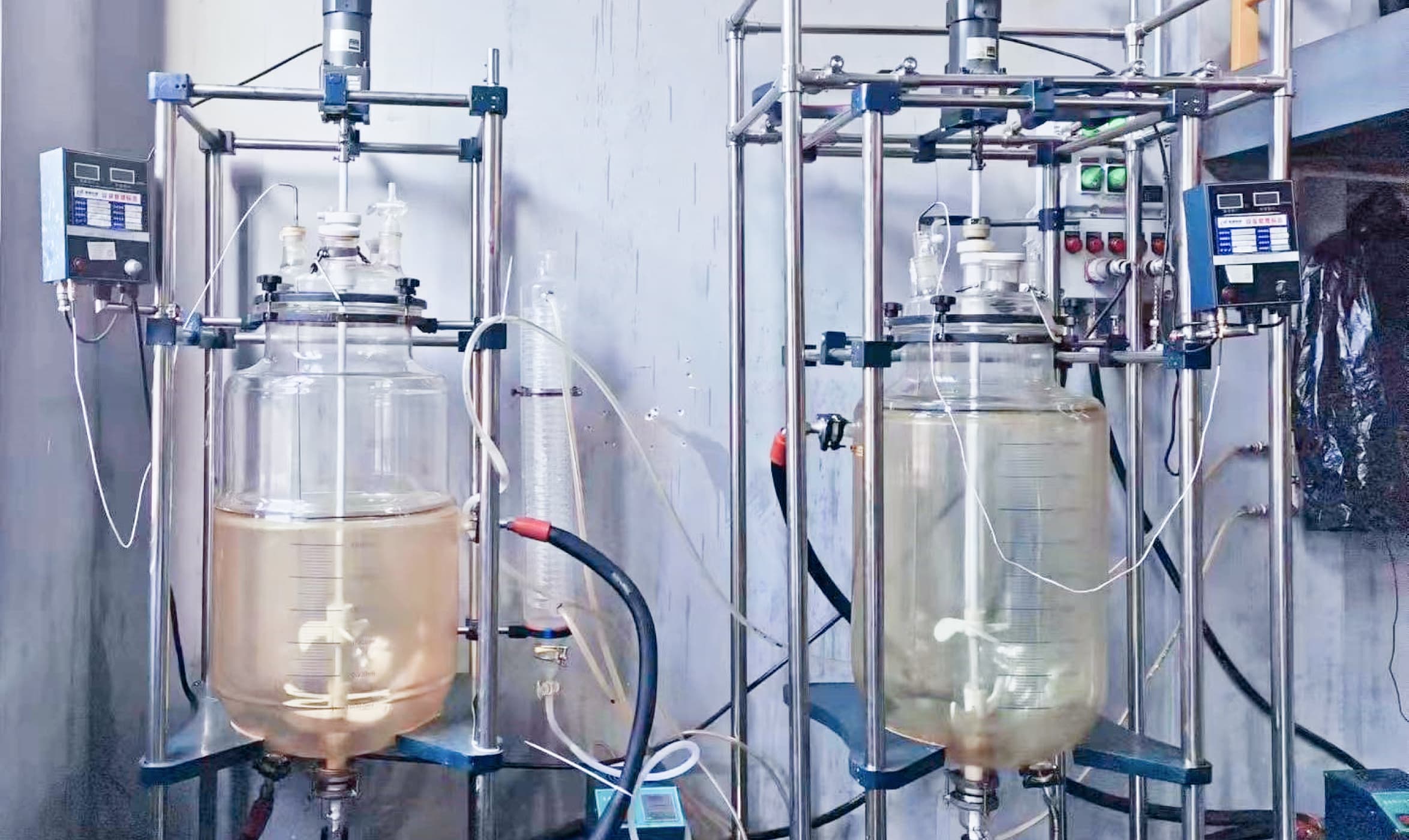



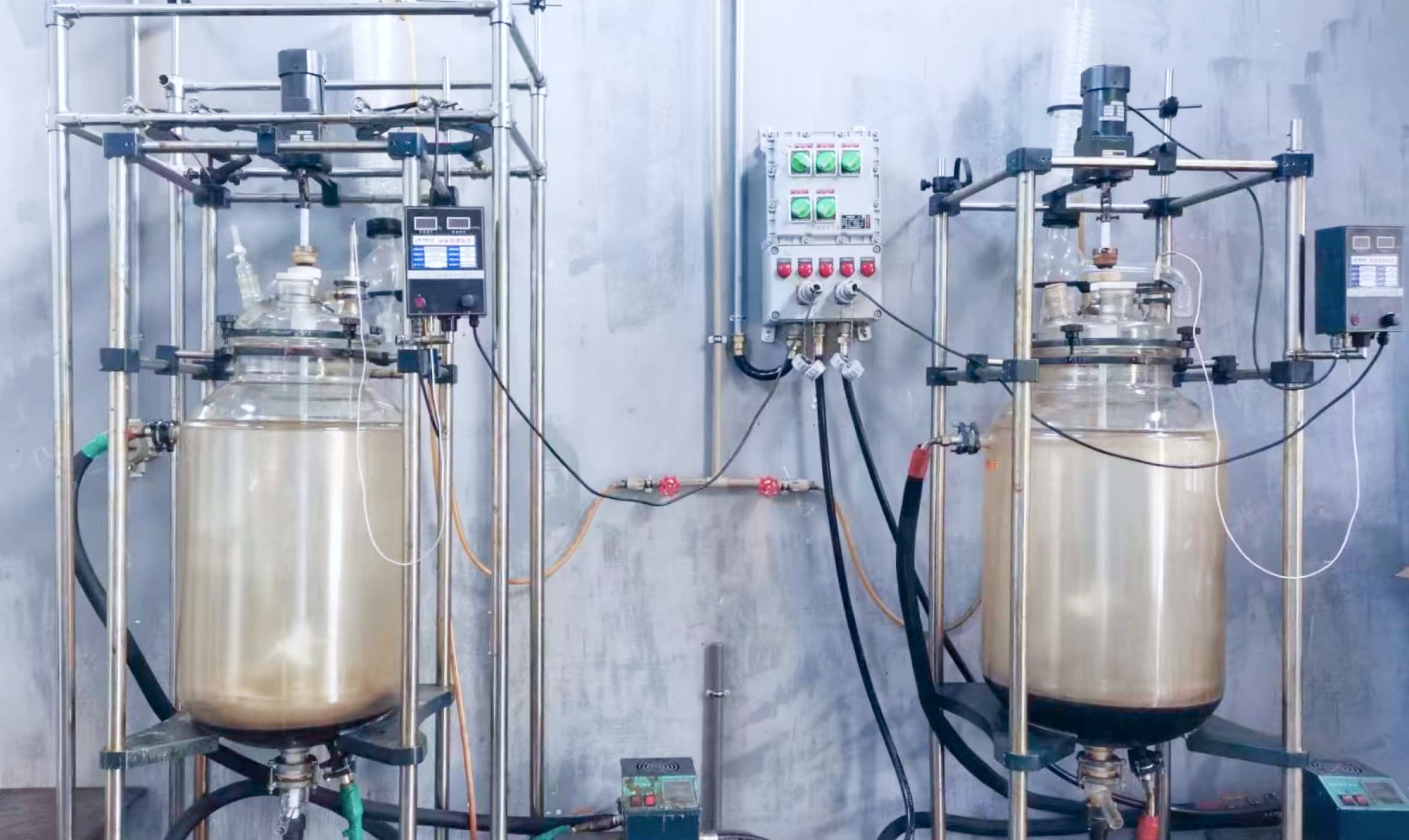






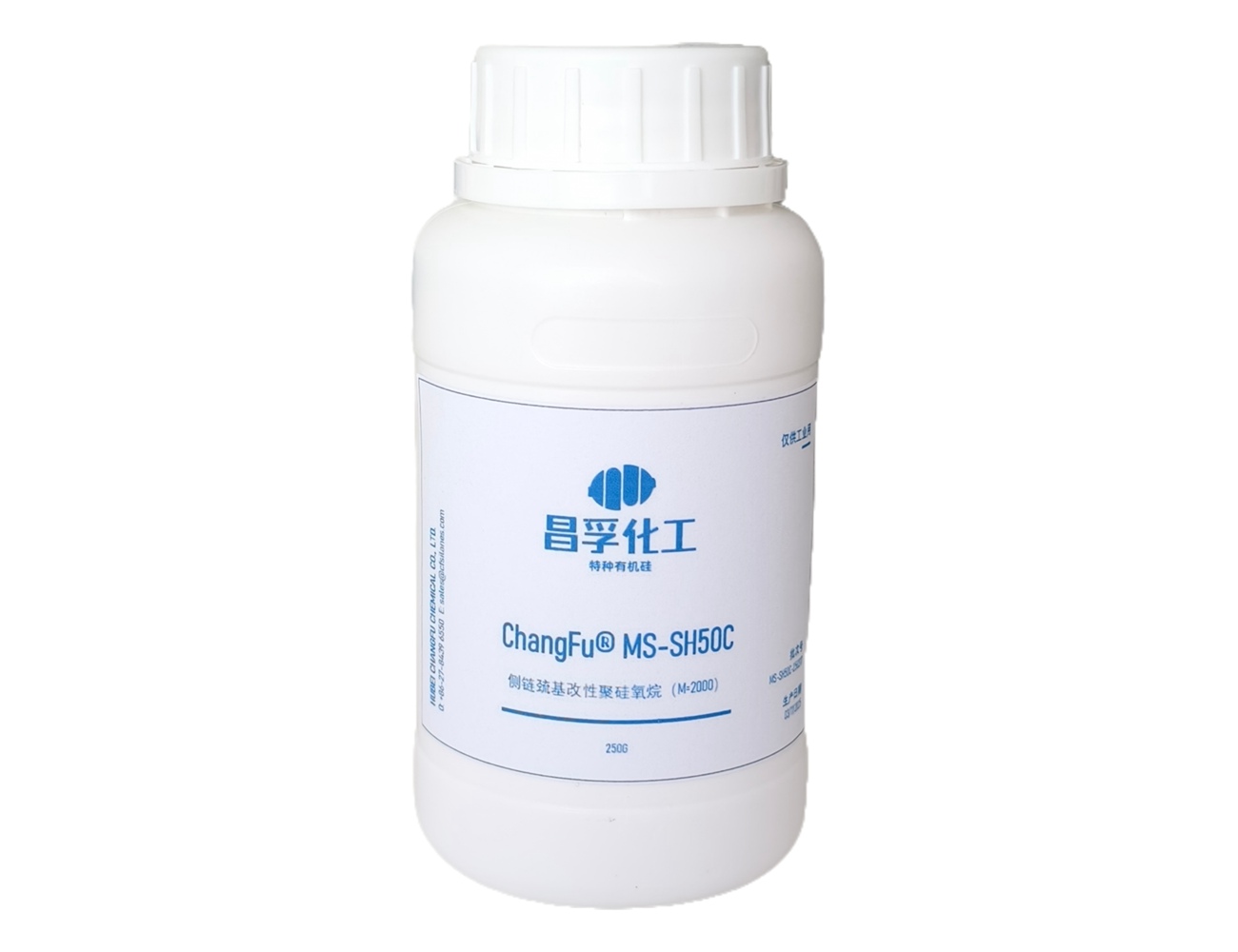



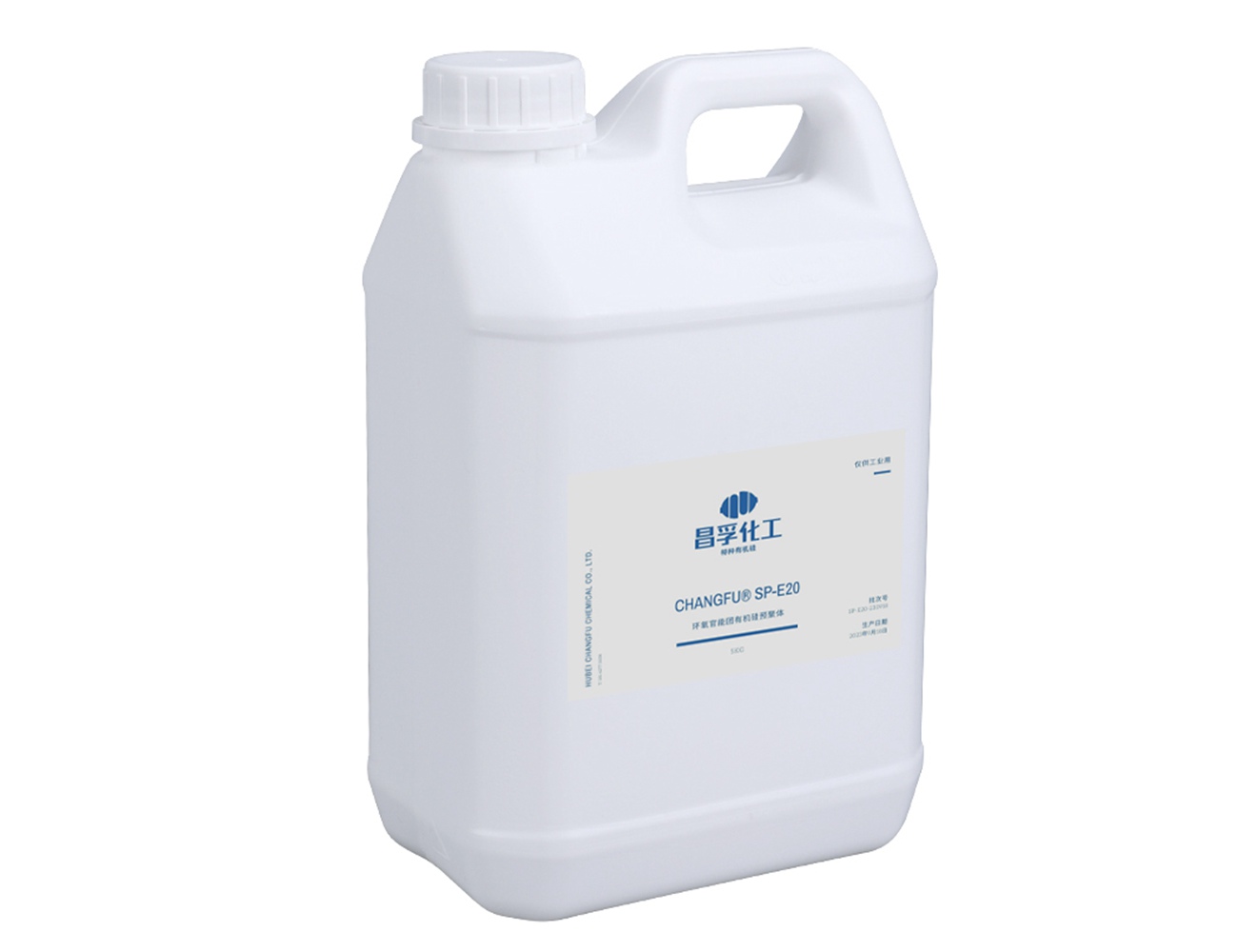
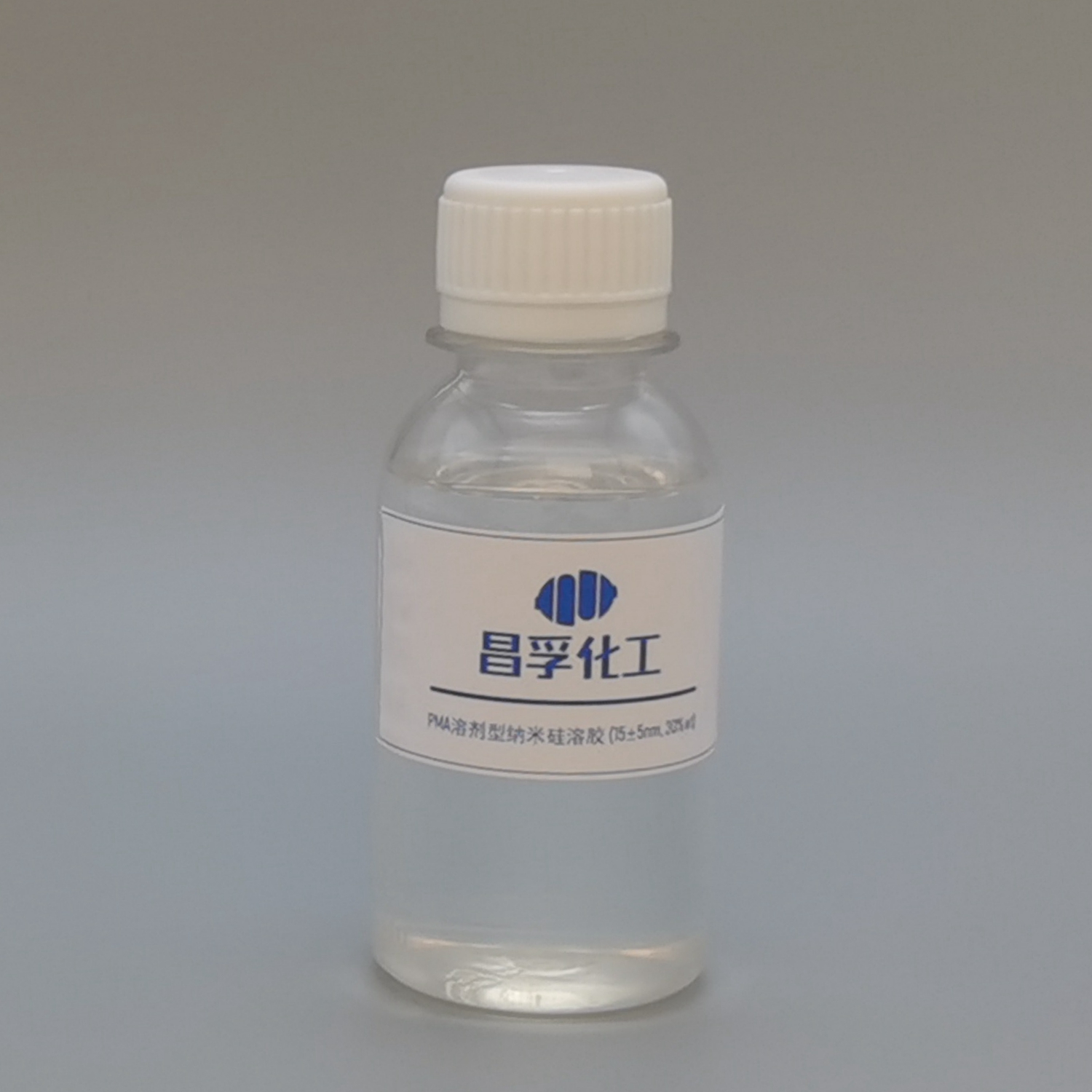
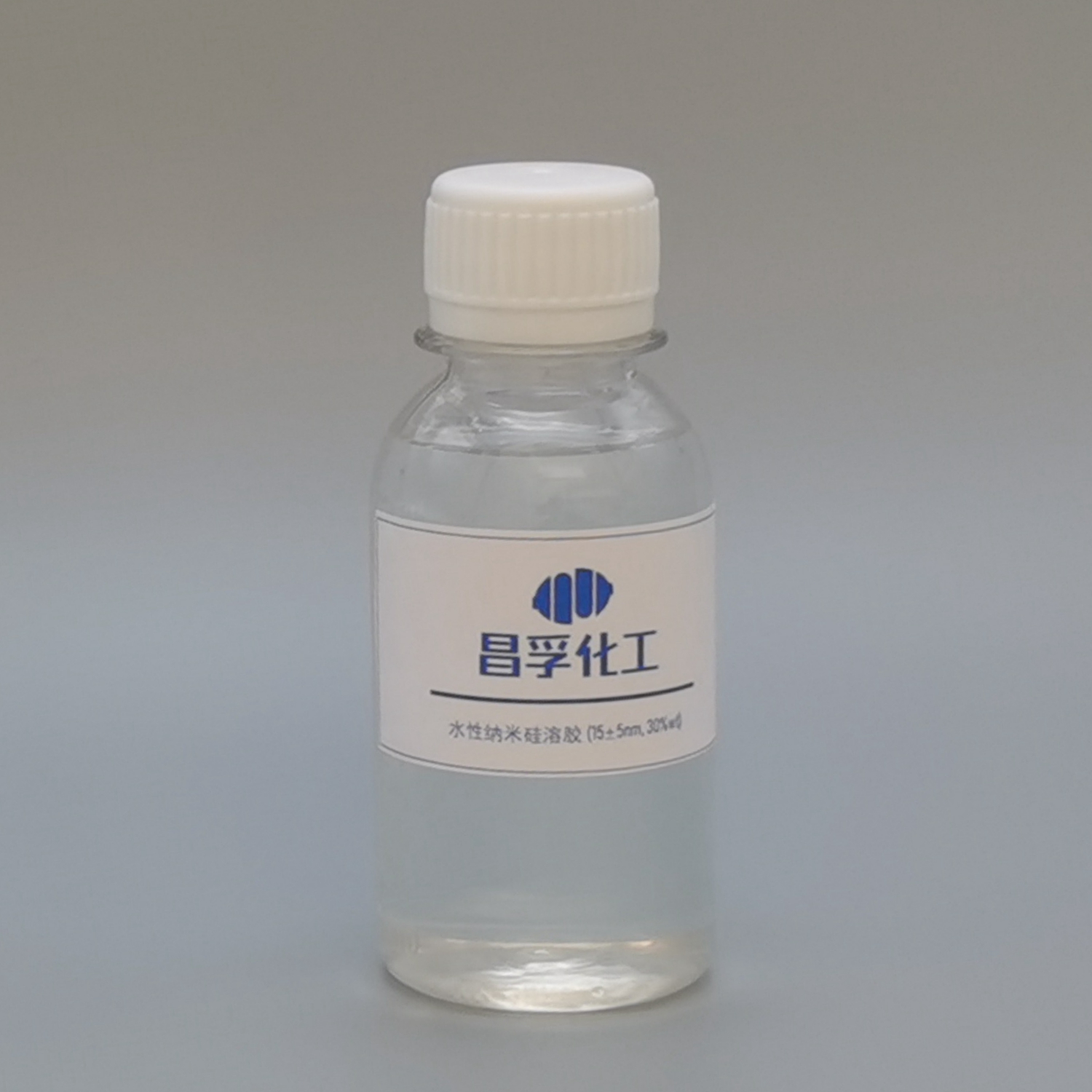

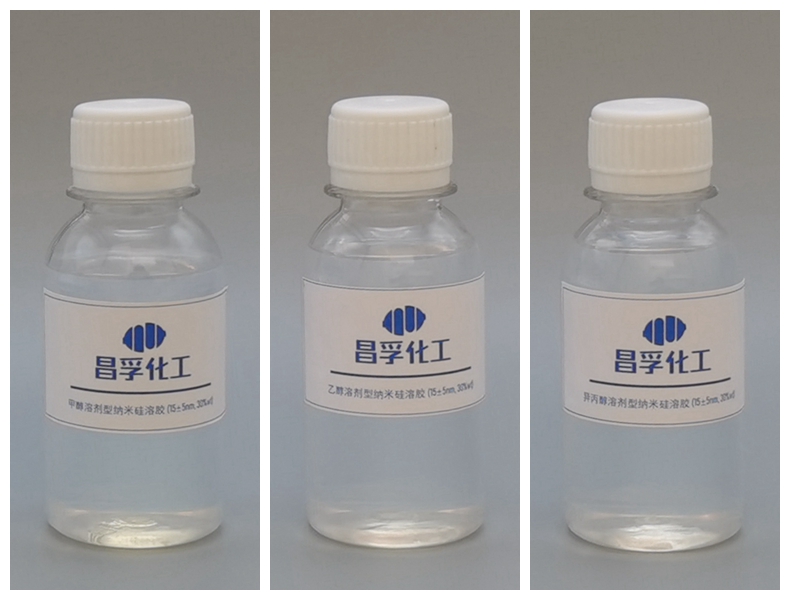
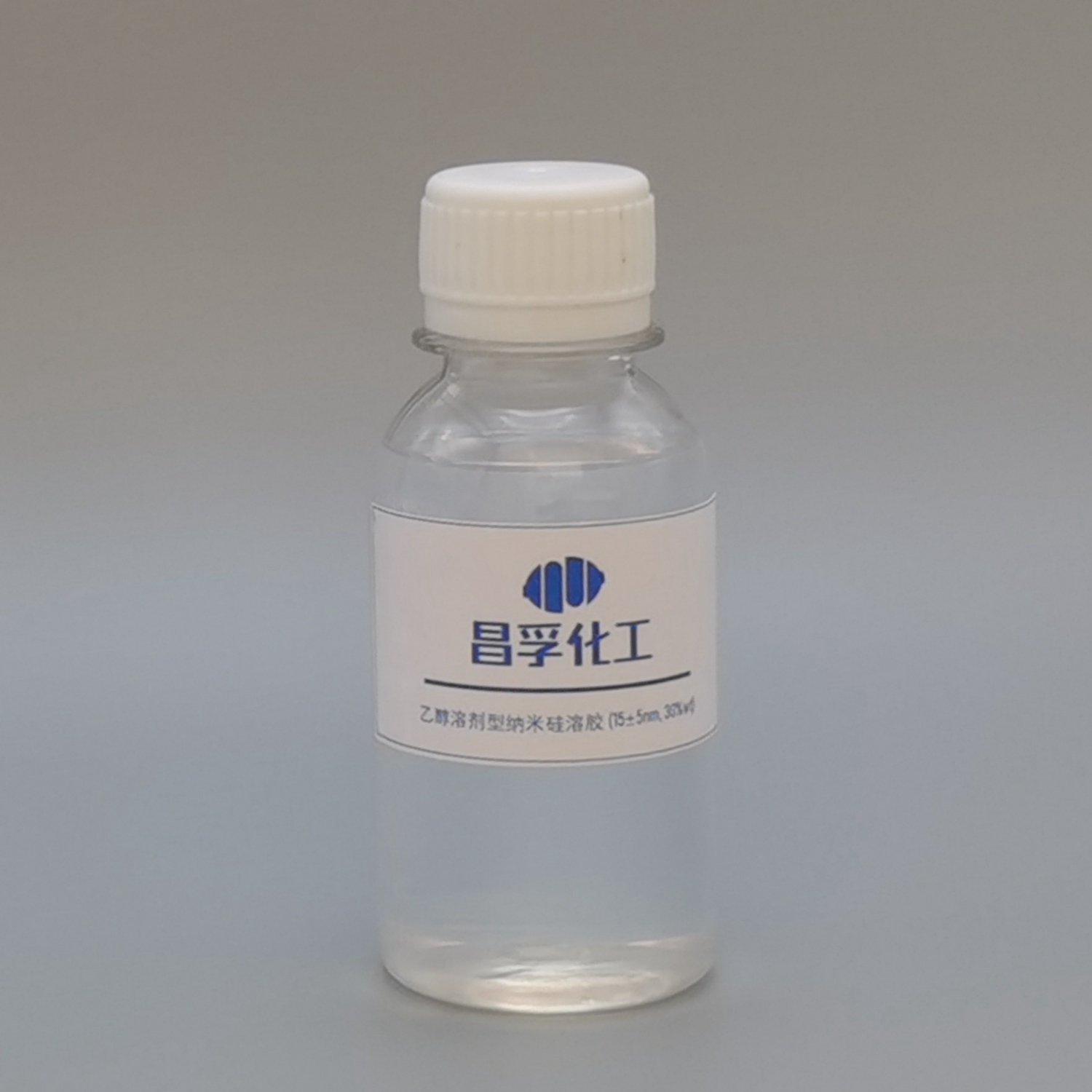
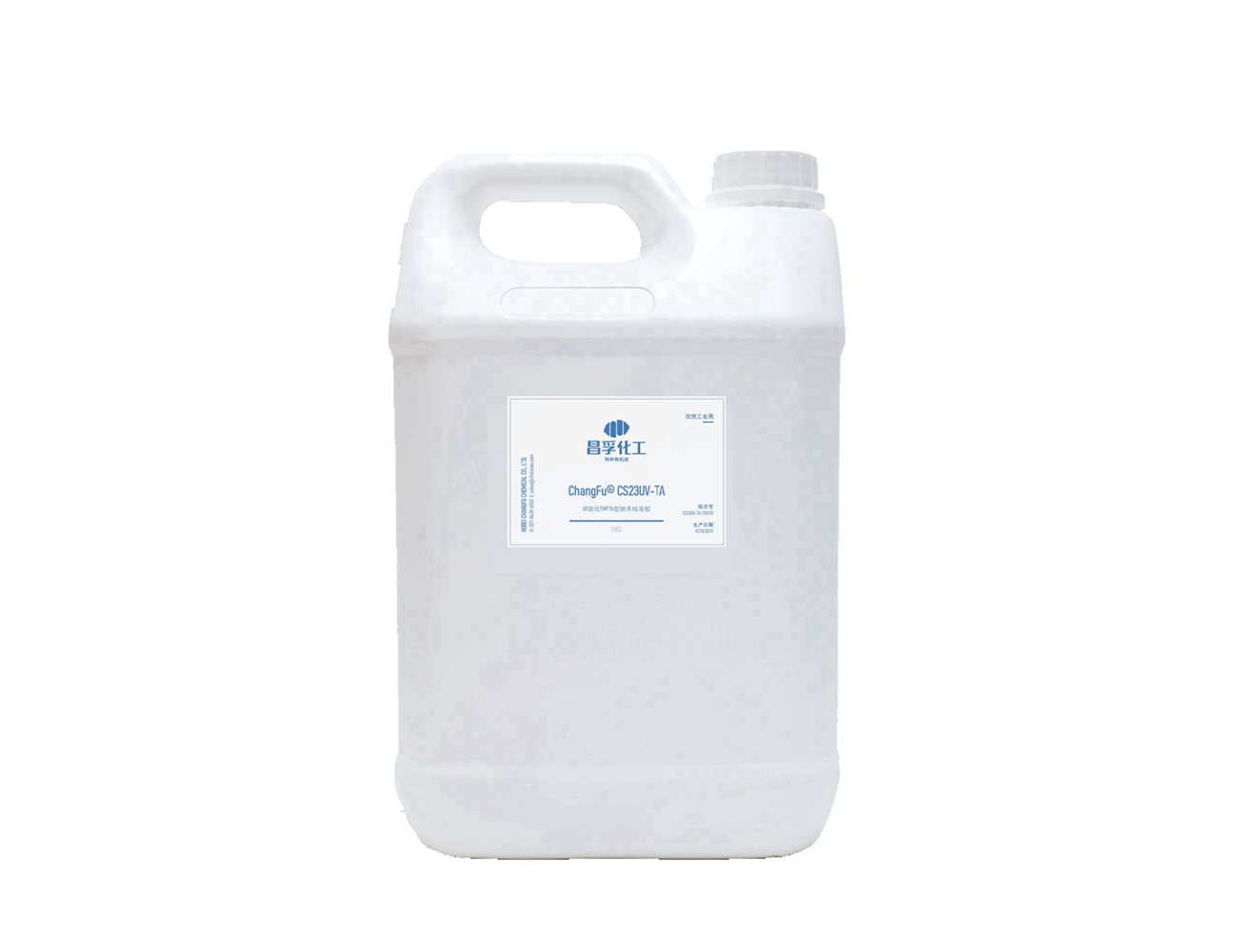
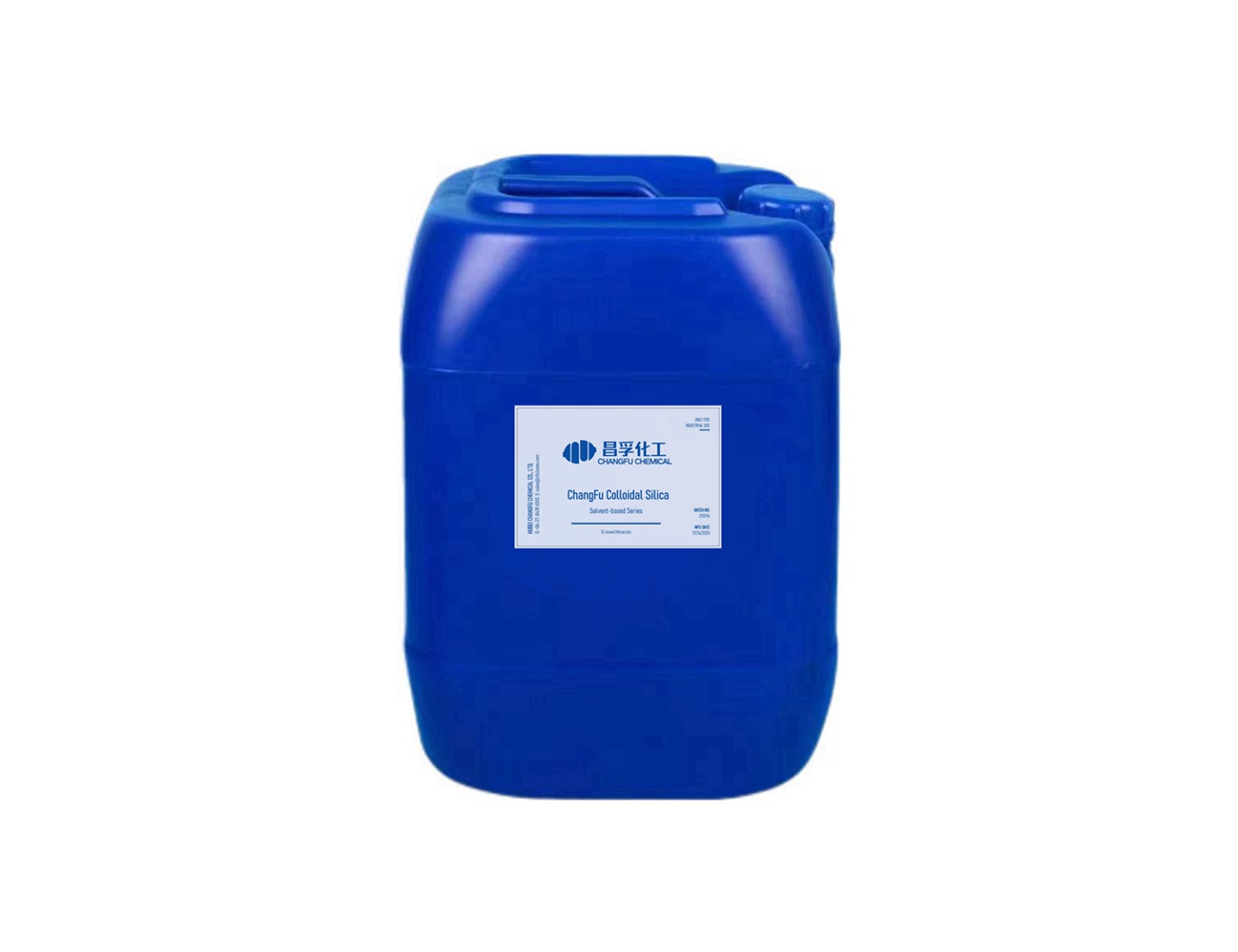


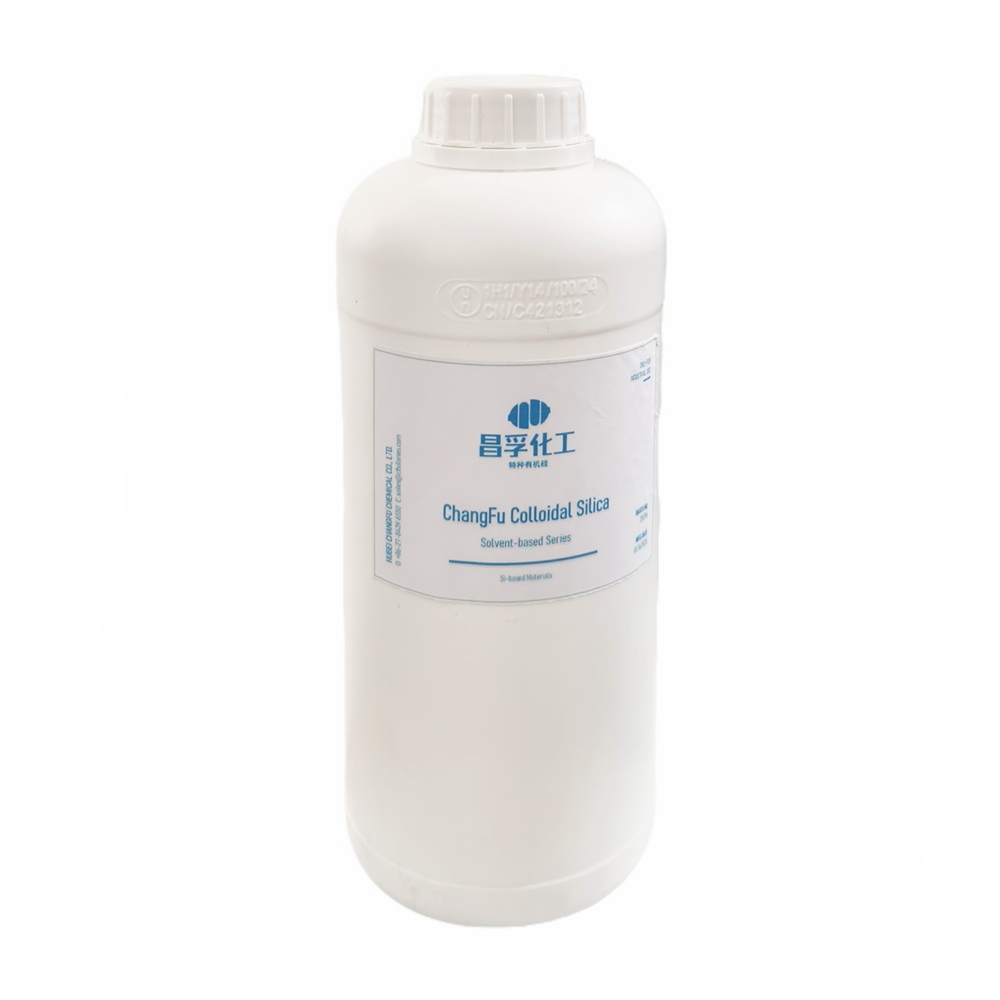


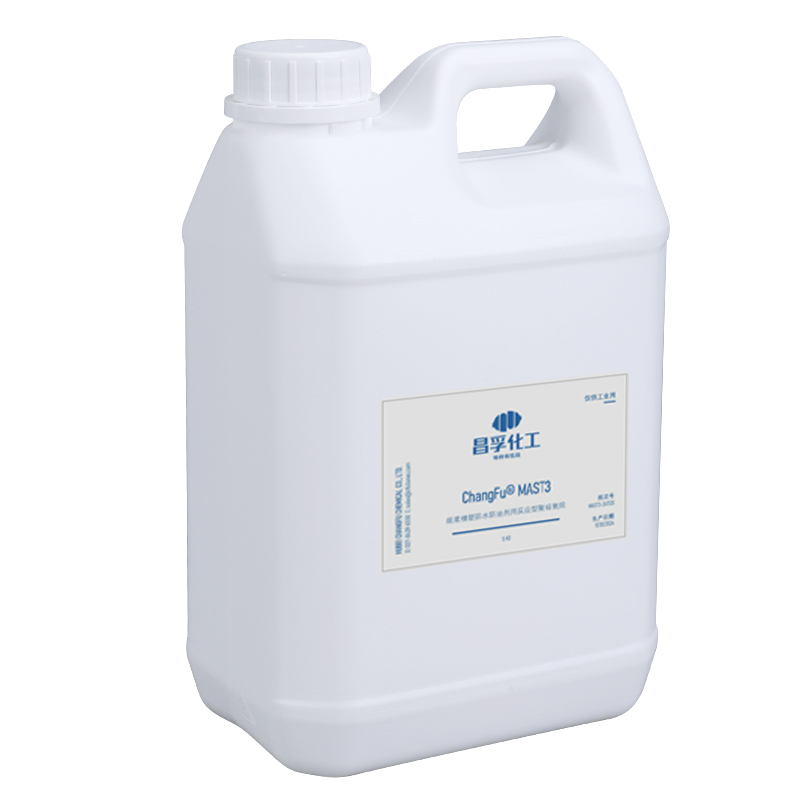





































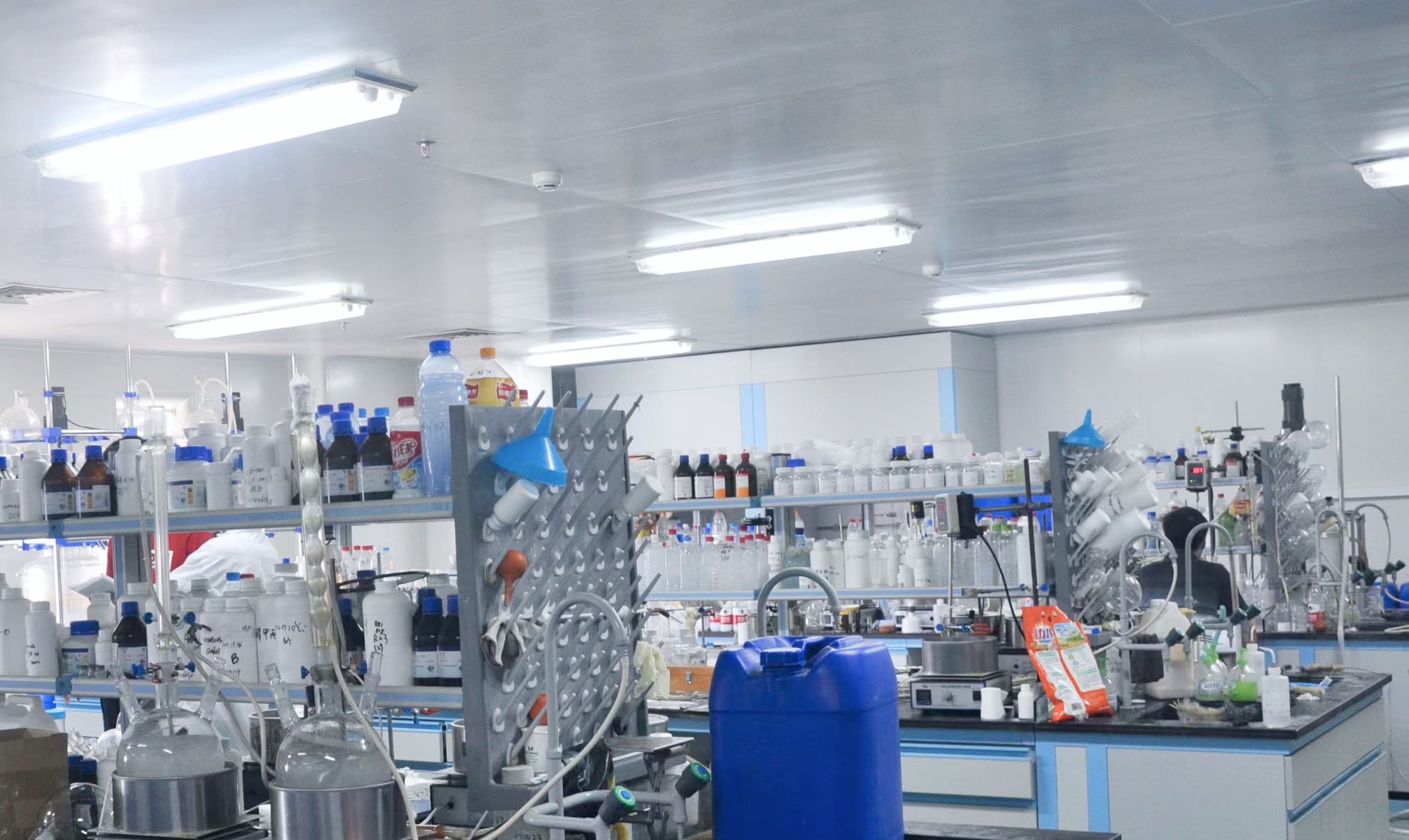

+86 27 8439 6550
+86 181 6277 0058
sales@cfsilanes.com
Optics Valley Bio-City
No. 666, Gaoxin Avenue
Hongshan District, Wuhan City

+86 27 8439 6550 | +86 181 6277 0058
sales@cfsilanes.com
Optics Valley Bio-City
No. 666, Gaoxin Avenue
Hongshan District, Wuhan City
Copyright © Hubei ChangFu Chemical Co., Ltd. All Rights



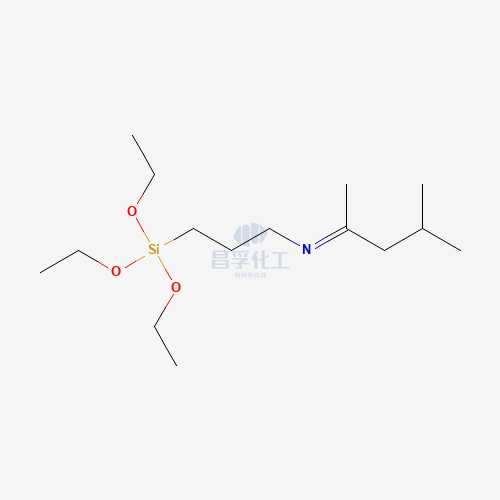
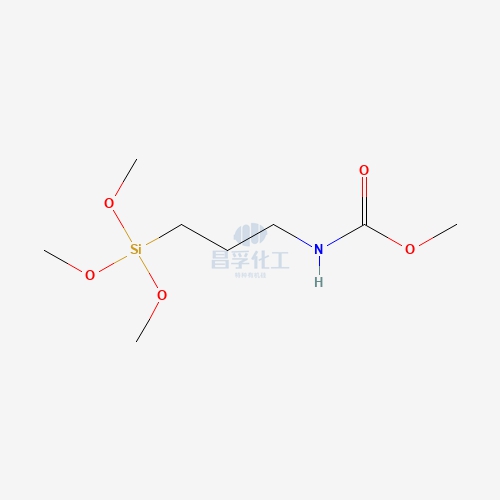
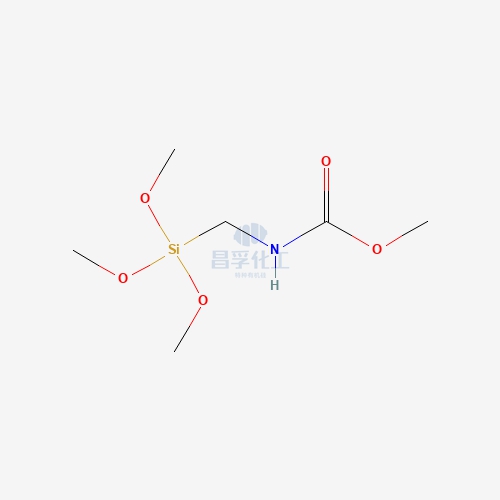
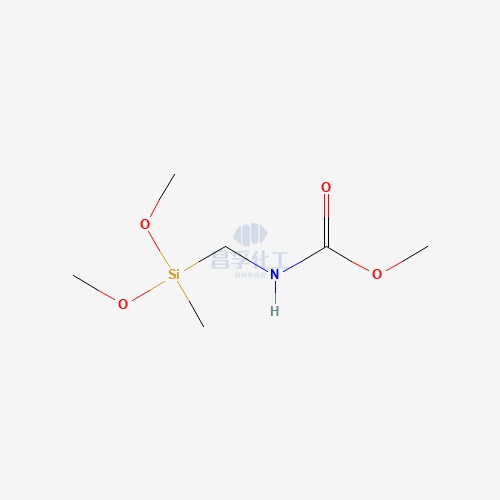
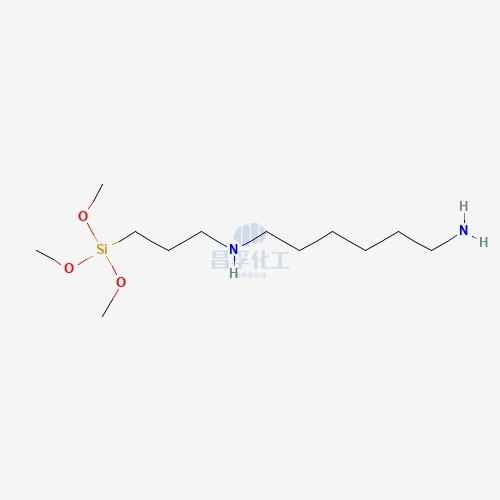
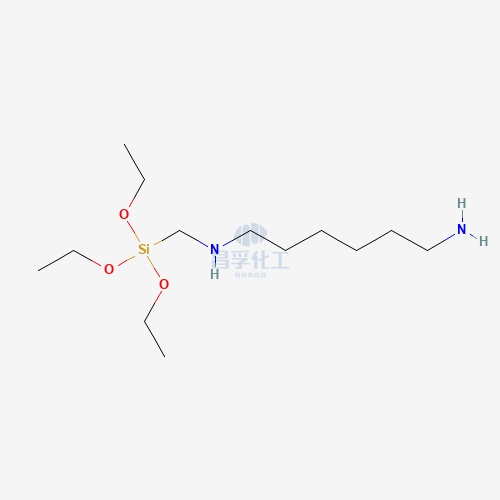
![N-[5-(Trimethoxysilylpropyl)-2-aza-1-oxopentyl]caprolactam CAS: 106996-32-1 106996 32 1 N-[5-(Trimethoxysilylpropyl)-2-aza-1-oxopentyl]caprolactam CAS: 106996-32-1 106996 32 1](https://cdn.yofishseo.com/1363882761272232/106996-32-1.jpg)
